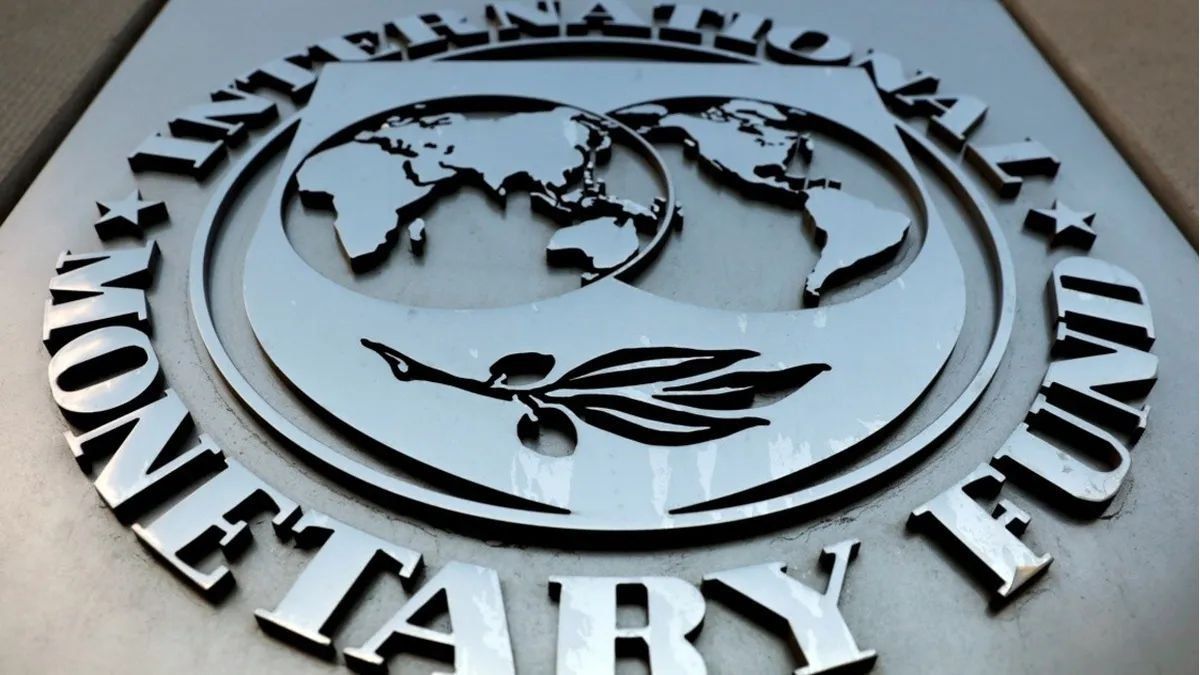For this he traveled to Washington Martin Guzman, the head of the Argentine delegation, with the mission of convincing the world that Argentina has the possibility of complying with the Extended Facilities approved on March 25; something that the board doubts. And the technicians of the organism also.
The Minister of Economy, now empowered by Alberto Fernández for the new stage of his administration (which begins, supposedly, this week), will have private meetings with the top leadership of the IMF and many of the visiting colleague officials who will participate in the meeting . But the most important summit will be the one in which he will star with Ilan Goldfajn, the main person in charge of supervising, controlling and, eventually, approving (or not), the goals committed by Argentina in the Extended Facilities.
Ilan Goldfajn
The board of the International Monetary Fund gave this mandate to Goldfajn on March 25, in the complicated session by which the highest level of the organization managed by Kristalina Georgieva unanimously approved the agreement with Argentina, where several specific countries were very harsh in their references to the reality of the local economy; and they demanded from the IMF technicians maximum tension and analysis to fulfill the goals set in the agreement.
It was at that board meeting where it was also ruled that there be an advancement of the inspection missions, starting in May and adding one more trip to the 10 originally scheduled (as this medium advanced). It was at the time that the IMF spoke of “exceptionally high risks”, a euphemism to say that it is considered very difficult for the country to comply with.
The one of these days in Washington will be the first meeting where Guzmán and Goldfjan (who have an absolutely different view of the world economy) will finalize the first discussions on the progress of the Extended Facilities; but no longer on its preparation, but on its fulfillment. Which, for the IMF, is seriously compromised since the first review in May.
At that meeting of the board of directors in March, the financial institution had issued an order to Golfjan to execute the application of “Article IV” of the statute, which implies that it is the main person responsible for controlling that the goals of the Extended Facilities agreement are met. comply.
The Brazilian-Israeli is in charge of organizing the missions to Buenos Aires, which will be headed by the deputy director, Julie Kozack, and the person in charge of the local case, Luis Cubeddu. And although it is not written, he will have to show a strong hand, following the mandate of the board, where the spirits with Argentina are not at their best. In fact, Guzmán will probably have to answer to the members of the IMF the reason for the relationship that was made in Buenos Aires during the days prior to the approval of the agreement by the board, between the organization and the last military dictatorship; something that bothered, and a lot, in Washington.
The plenipotentiary presence of Goldfajn in the Argentine case is a key fact. He is a firm and extensive connoisseur of the fiscal, economic and commercial situation of Argentina. The successor of the Mexican-Argentinean Alejandro Werner wanted to avoid at all costs his direct intervention in the closing of the agreement and to intervene during the 12 years of validity of the signed agreement. He knows the fate of his predecessors who had to deal with the Argentine case (banishment or expulsion from the Fund), and he did not want to stain his career in an agreement in which very few believe. He probably doesn’t either.
Goldfajn is a friendly man, very knowledgeable about Argentina and its chronic political problems, but a lover of fiscal prudence, monetary solvency and long-term plans.. He was chosen by Kristalina Georgieva herself in September 2021 from a long list of contestants in one of the most important positions of the IMF. It was never made public, but in Buenos Aires it is known that the agency’s managing director opted for the Brazilian, given that she knows the Argentine vicissitudes.
He is a defender of the use of instruments such as interest rates or monetary restrictions to meet goals, together with total transparency to the public and markets in the communication of the plans, objectives and resolutions of the monetary authorities. He also considers the central banks as the ones who are ultimately responsible for meeting the monetary goals; with which he gives the entity managed by Miguel Pesce an important power within economic policy. He is also an advocate of the floating exchange rate policy, which would give the government greater flexibility in handling the official dollar.
Source: Ambito
David William is a talented author who has made a name for himself in the world of writing. He is a professional author who writes on a wide range of topics, from general interest to opinion news. David is currently working as a writer at 24 hours worlds where he brings his unique perspective and in-depth research to his articles, making them both informative and engaging.




